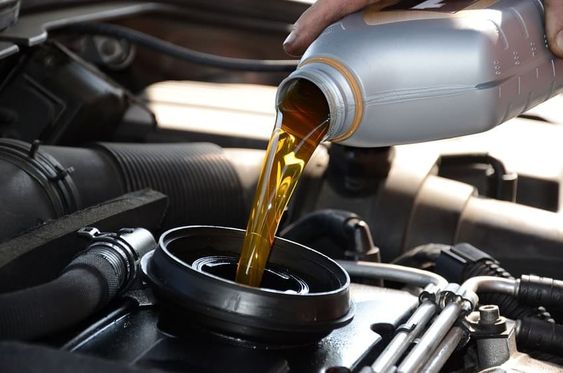Introduction:
Buying a new car is a significant investment, and it's essential to understand the various warranty options available to protect your purchase. A new car warranty provides peace of mind, covering repairs and replacements for manufacturing defects and unexpected breakdowns. This guide will delve into the different types of new car warranties, their coverage, and how to choose the best option for your needs.

New car warranties are typically offered by the manufacturer and cover the vehicle for a specific period or mileage. They are designed to protect you from costly repairs due to defects in materials or workmanship. While the basic warranty is included with the purchase, you can also opt for extended warranties that provide additional coverage for a longer period.
Types of New Car Warranties:
Bumper-to-Bumper Warranty:
This is the most comprehensive warranty, covering most components of your vehicle, including the engine, transmission, electrical system, and bodywork. It typically lasts for a specific period, such as 3 years or 36,000 miles.
Powertrain Warranty:
As the name suggests, this warranty covers the major components of the powertrain, including the engine, transmission, and drivetrain. It usually lasts longer than the bumper-to-bumper warranty, often extending to 5 years or 60,000 miles.
Emission Warranty:
This warranty covers components related to the vehicle's emissions system, such as the catalytic converter and oxygen sensors. It typically lasts for 8 years or 80,000 miles.
Extended Warranties:
Extended warranties, also known as service contracts, are optional add-ons that provide coverage beyond the manufacturer's warranty. They can offer protection for a longer period and cover a wider range of components, including wear and tear items.
Benefits of Extended Warranties:
- Peace of mind: Extended warranties can protect you from unexpected repair costs.
- Coverage for wear and tear: They often cover components that are not covered by the manufacturer's warranty.
- Increased resale value: A vehicle with an extended warranty may be more attractive to potential buyers.
Considerations for Extended Warranties:
- Cost: Extended warranties can be expensive, so it's important to weigh the potential benefits against the cost.
- Coverage: Carefully review the terms and conditions of the warranty to understand exactly what is covered.
- Reputation of the provider: Choose a reputable provider with a proven track record.
Choosing the Right Warranty:
The best warranty for you will depend on your individual needs and driving habits. Consider the following factors:
- Your budget: How much are you willing to spend on a warranty?
- Your driving habits: Do you drive a lot or frequently travel long distances?
- The vehicle's reliability: Some vehicles are known for their reliability, while others may require more maintenance.
- Your risk tolerance: Are you comfortable taking on the risk of potential repair costs?
Conclusion:
Understanding the different types of new car warranties is crucial for making an informed decision. While the manufacturer's warranty provides basic coverage, extended warranties can offer additional protection and peace of mind. By carefully considering your needs and budget, you can choose the best warranty option to safeguard your investment.





